What is SEO?
SEO is the practice of obtaining pages to rate greater in online engines such as Google because search is just one of the main methods by which people uncover queries online, ranking higher in SERPs can lead to a boost in web traffic to a site.
In Google and other
online engines, the outcomes web page commonly includes paid
advertisements on top of the page, complied with by the regular results or what
search marketers call the "organic results". Web traffic that
comes through seo is frequently referred to as "organic traffic" to separate it from traffic that comes through paid
search. Paid search is frequently called search engine marketing (SEM) or
pay-per-click (PPC).
The Benefits of SEO
Since search is a key
means that individuals navigate the internet, search engine optimization is
vital to online advertising and marketing.
SERP exist in a bought list, and the higher up on that list a website can get, the
more website traffic the site will often receive. For instance, for a common
query, the number one result will get 40-60% of the complete website
traffic for that question, with the second and three outcomes getting
dramatically less web traffic. Only 2-3% of searchers click beyond the first page
results. Hence, a little increase in google positions can cause a site to
receive more website traffic and leads/conversions.
Because of this, many
businesses and site owners will try to optimize their website pages to ensure
that their website shows up better on the SERP than their competitors. That is where SEO can be useful.
How SEO functions
Online engines such as Google use algorithm to determine what pages to show for any query. These algorithms have developed to be very complex and consider hundreds and even thousands of different ranking factors to identify the rankings of their SERPs. However, there are three core metrics that search engine examines to establish the top quality of a website as well as how it must rank:
Links from various other sites play a vital
function in establishing a website's position in Google and other engines. The reason is that a web link can be seen as a vote from other
websites since website owners are unlikely to connect to other poor sites.
Websites that obtain web links from several other websites obtain authority
(called "PageRank" in Google) in the eyes of online engines,
especially if the sites that are linking to them are authoritative.
Besides checking out web links, the online engine also assesses a website's content to establish if it would matter for any offered query. A huge part of SEO is in creating web content targeted toward the keywords that online engines' customers are searching for.
The third core component of SEO is page structure. How the HTML code is structured can influence a search engine's ability to evaluate a web page since webpages are written in HTML. Including relevant keywords in the title, meta description and header tags of the web page as well as ensuring that a site is crawlable, are actions that site owners can take to improve the SEO of their website.
The seo process includes optimizing these core parts of search engine algorithms to rate higher in the SERP.
SEO Techniques
Recognizing how search
engines work is only the initial step in improving a site's organic positions.
Enhancing a site's rank entails leveraging various SEO techniques to optimize the website for:
Keyword research is typically the beginning factor for SEO and also includes checking out what keywords a site is already rating for, what keywords rivals are ranking for, and what other keywords possible clients are looking for. Determining the terms that searchers use in Google and other search engine give direction on what existing web content can be optimized and what brand-new web content can be developed.
Once potential
keyword phrases are determined; content advertising enters play. That can be
upgrading existing web content or developing new items of content. Because
Google, as well as various other online engines, place quality content on top results, it is very important to study what content is already around and
produce an engaging item, that gives a positive individual experience and has a
possibility of ranking higher in the SERPs. Great web content
also has a greater opportunity to be shared on social networks and get links
from other relevant websites.
Since web links from
external websites (called "backlinks" in SEO parlance) are just one
of the core rankings considered by Google and other significant search engine,
getting relevant high-quality backlinks is just one of the main levers that
SEO has. That can involve advertising good content,
reaching out to various other websites and developing partnerships with web
designers, sending sites to relevant internet directories, and getting press to
attract backlinks from other relevant sites.
Along with off-page elements such as backlinks,
boosting the real framework of the web page can have significant advantages for
SEO and is a variable that is entirely under the control of the web designer.
External links are not the only point that matters for SEO; internal links (the links within one's website) also play a big role in seo. Hence, an optimizer can improve a website's search engine optimization by ensuring crucial web pages are connected to which relevant anchor text is being utilized in those links to assist in boosting a web page's significance for specific queries. Developing an XML sitemap can also be an excellent way for larger web pages to assist online engines in discovering and also crawl of the website's pages.
An additional strategy that SEO experts use is enhancing a site's schema markup.
Semantic markup (such as
Schema.org) is utilized to describe the significance behind the content on a
web page, such as assisting in recognizing who the author of an item of content
is or the topic, as well as the kind of content on a web page. Using semantic
markup can assist with getting abundant snippets presented in the organic results
from web pages, such as additional messages, evaluation celebrities and even
photos. Rich snippets in the SERPs don't affect organic positions, yet they can
enhance CTR from search, boosting organic traffic.

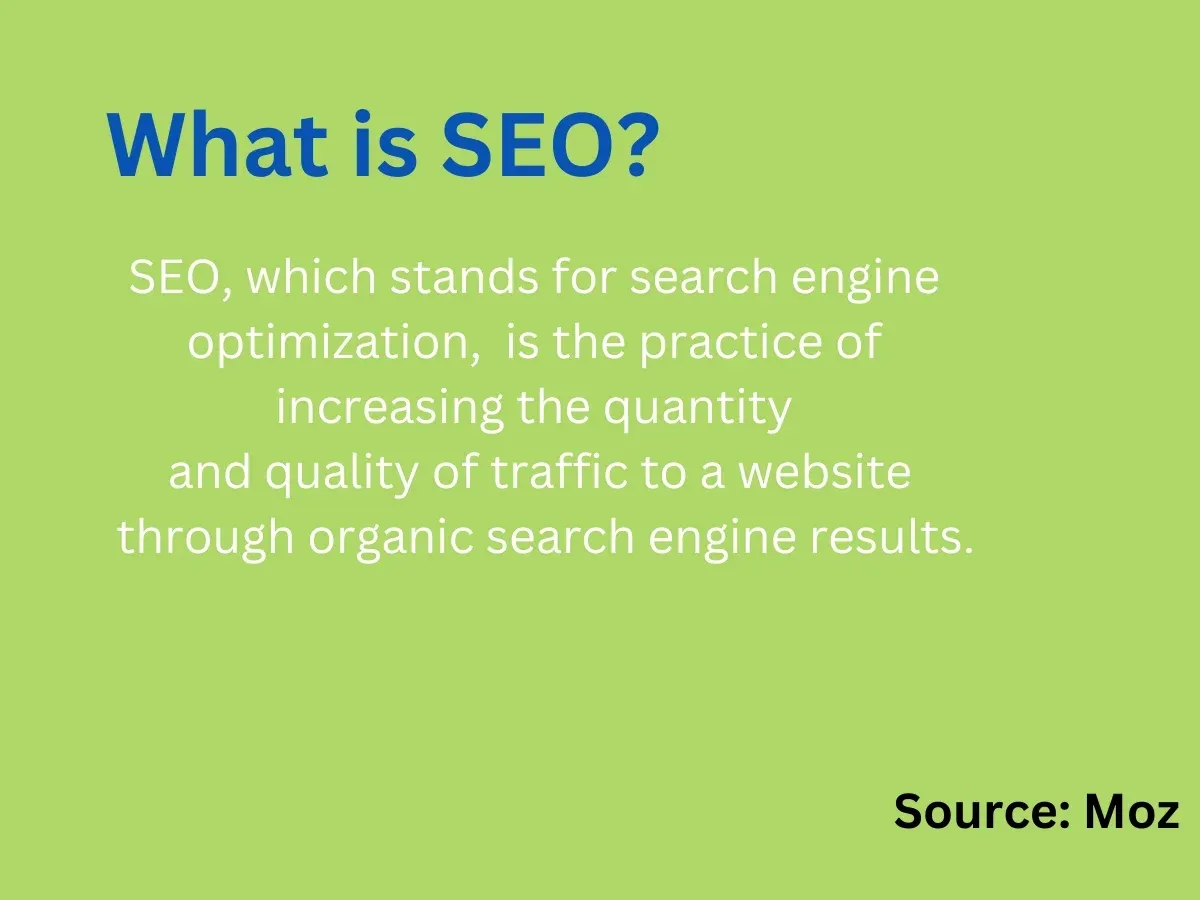

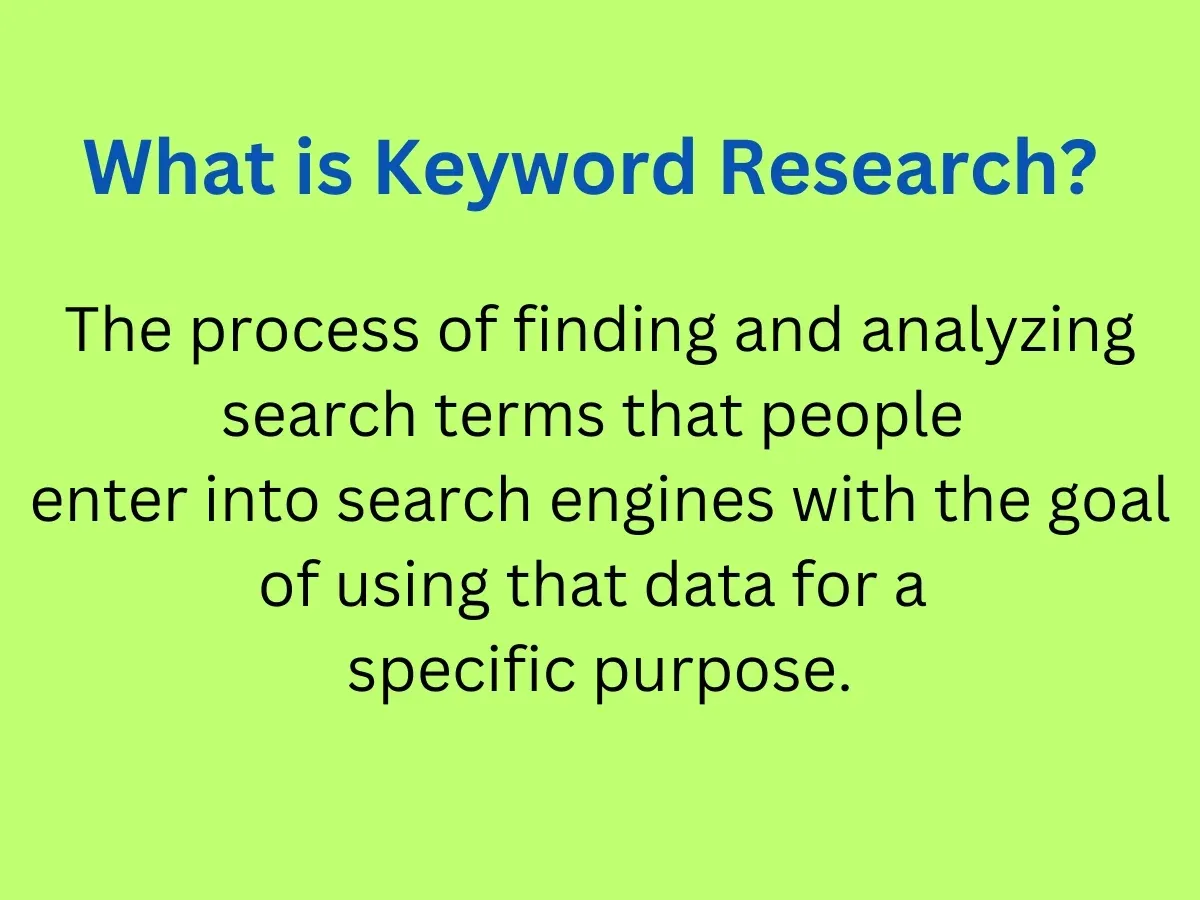
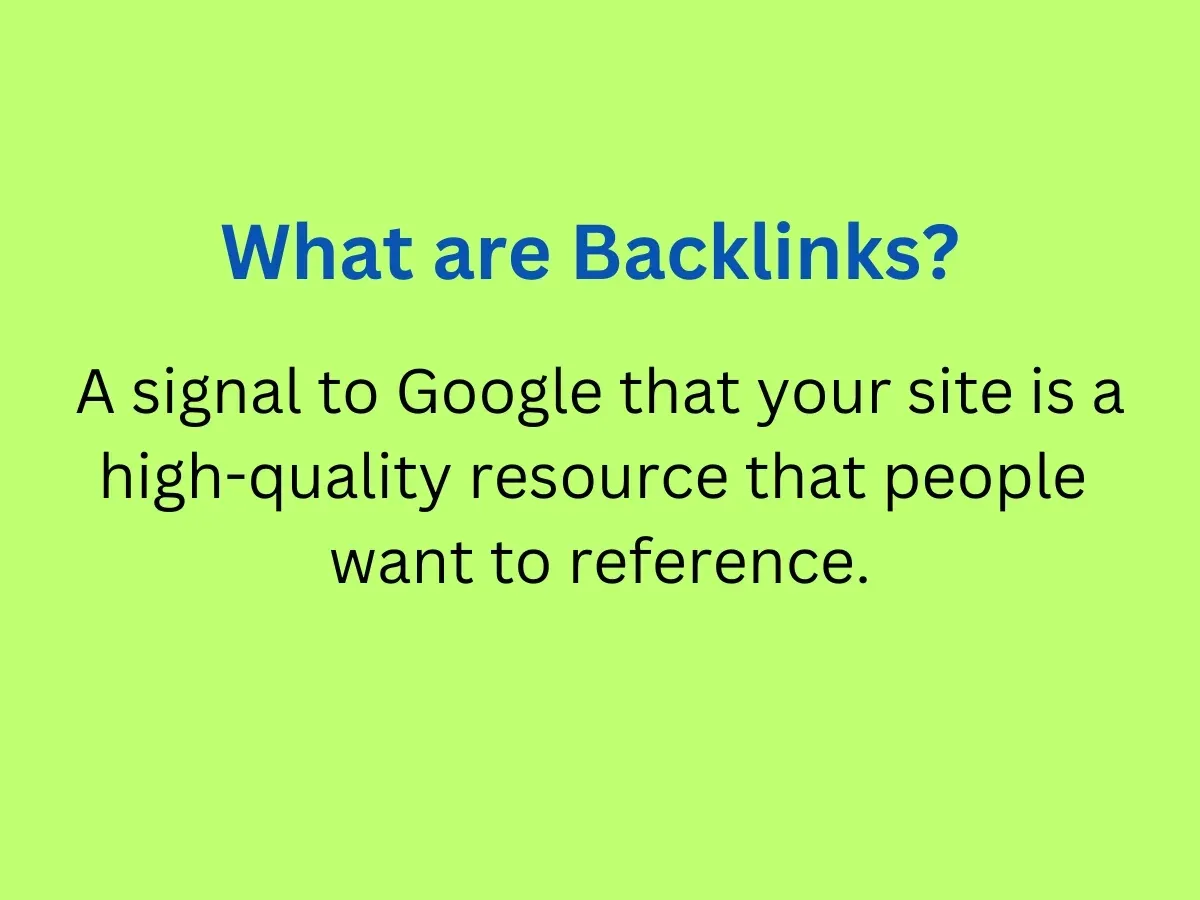
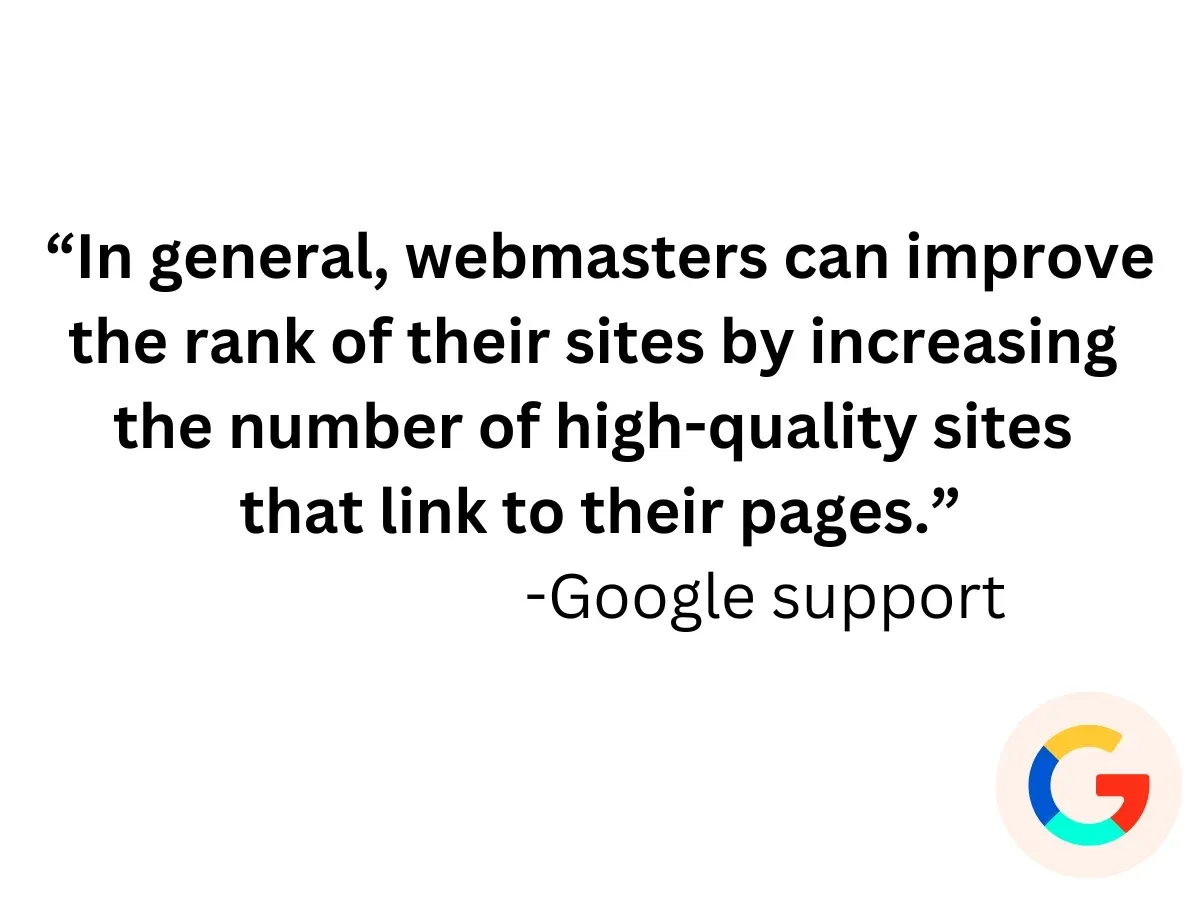
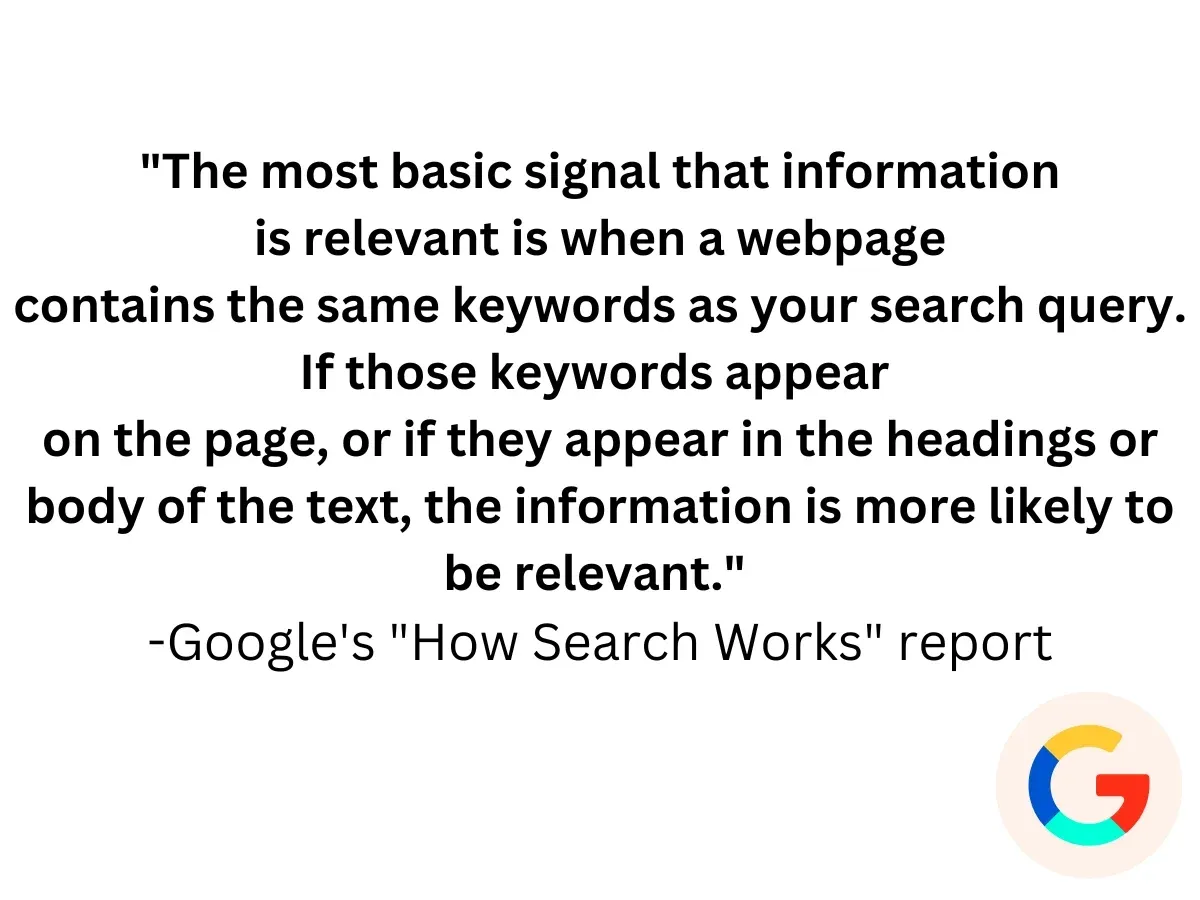
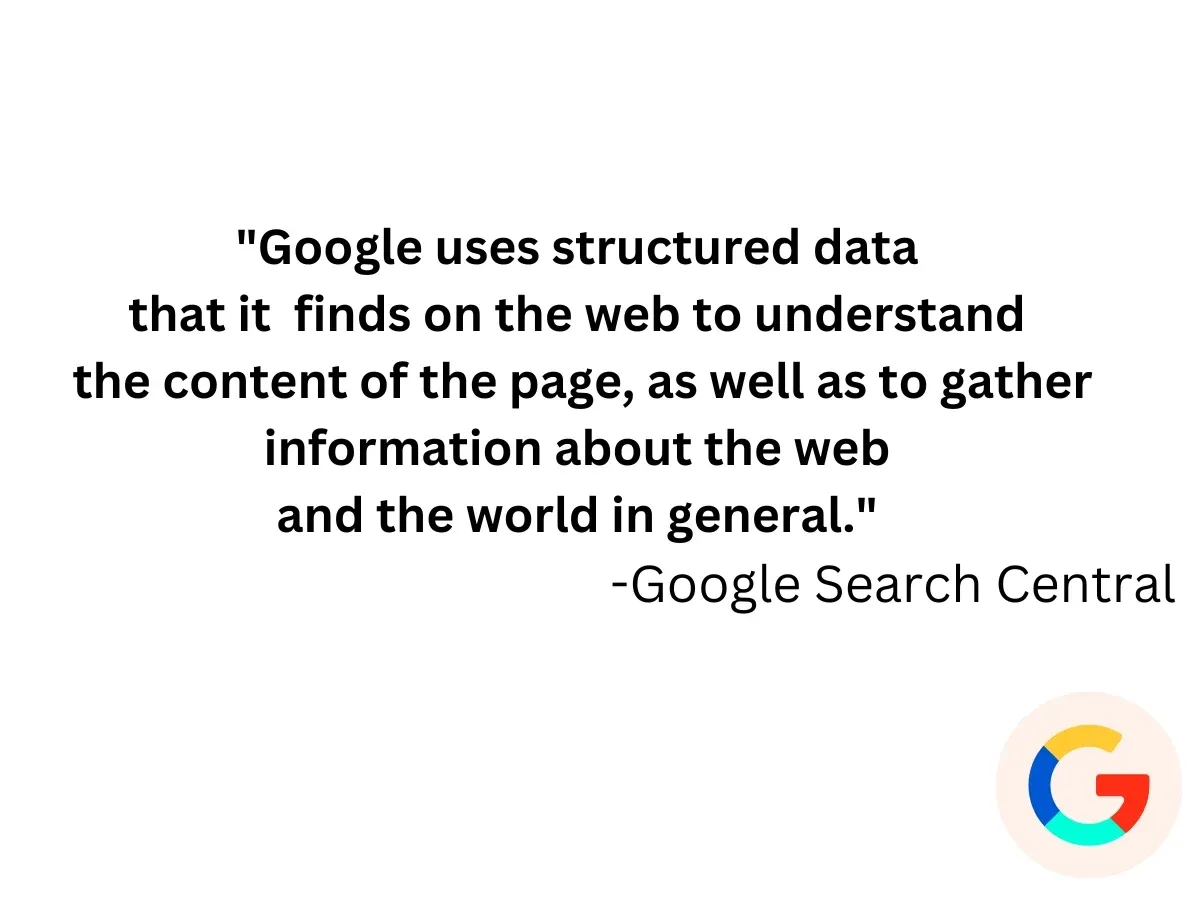




0 Comments